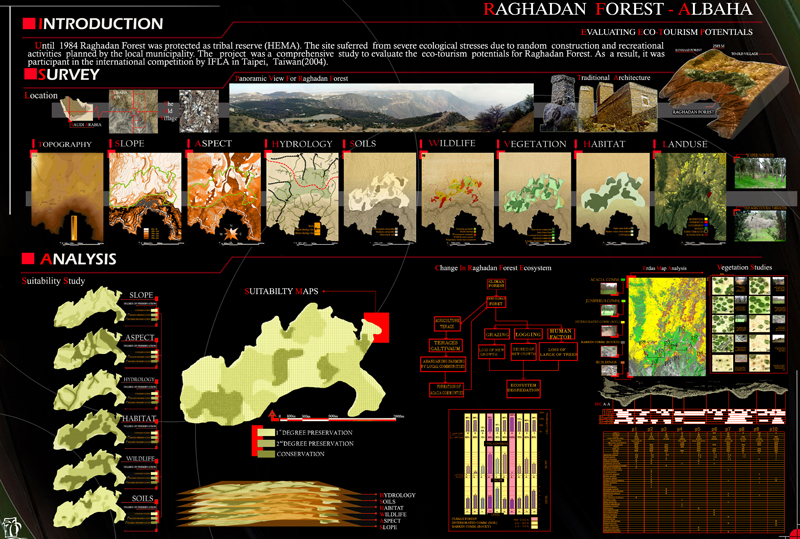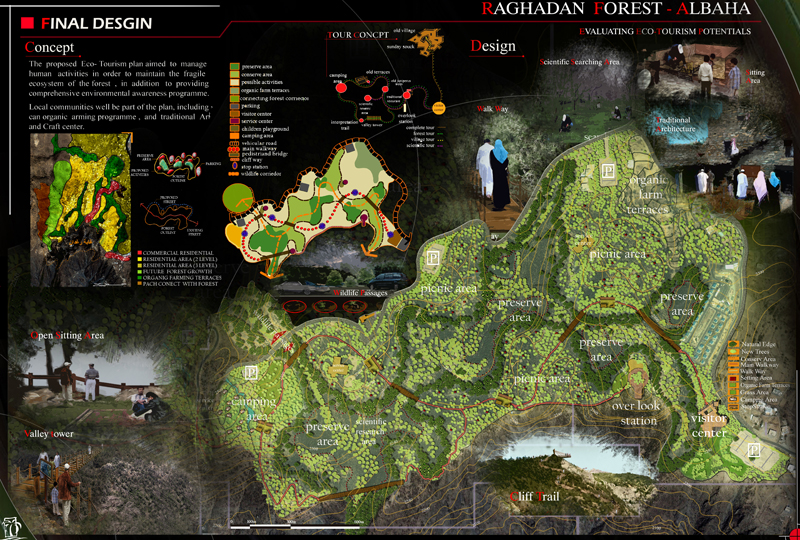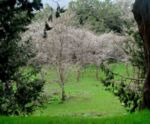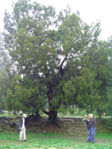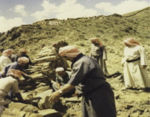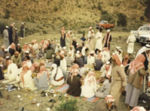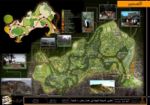Raghadan Forest, Saudi Arabia: Difference between revisions
No edit summary |
|||
| Line 39: | Line 39: | ||
[[Image:summary10.jpg|none|frame|Survey and Analysis]] | [[Image:summary10.jpg|none|frame|Survey and Analysis]] | ||
[[Image:summary20.jpg|none|frame|Concept and Design]] | [[Image:summary20.jpg|none|frame|Concept and Design]] | ||
Latest revision as of 21:01, 4 March 2010
by Fahad
back to Project Biography List
| Name | Raghadan Forest | |
| Place | Al-Baha | |
| Country | Saudi Arabia | |
| Author(s) | Fahad Alghamdi | |
| Completion | 2005 | |
| Client | Local Municipality | |
| Project costs | N.A. | |
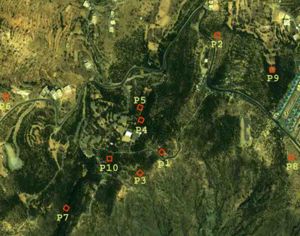
| ||
Rationale: Why is this case interesting?
Raghdan forest covers an area of 600,000 square meters in Al-Baha Province. Al- Baha City lies in the south-west of the kingdom of Saudi Arabia. Raghadan forest is one of more than forty reserved zones called (Hema) which is a traditional sustainable recourse management system. Tribal people live in this region and traditionally every tribe have their own (Hema) or reserved zone. Raghadan case is very interesting because the public participation in this project was enforced and very demanding. So, this is not the formal procedure of the local municipality to allow public participating in the planning process specially in this area, but this is very special case.
Author's personal background
Bachelor of Landscape Architecture, Faculty of Environmental Design, King AbdulAziz University, Jeddah – Saudi Arabia . 2005. I've worked with the Ministry of Municipalities and Rural Affairs,Jeddah and private firm as a Landscape Architect.One year in Architecture program, Virginia Tech, USA. 2007. Currently, I'm working as Teaching Assistant, Dept. of Landscape Architecture, Faculty of Environmental Design, King Abdul-Aziz University, Jeddah
Process Biography Scheme
Who initiated the project and why?
This project was initiated by tribe leaders when they complain about the forest condition to the governor. In fact, Raghadan Forest suffered from several ecological stresses due to random construction and recreational activities planned by the local municipality.
When was public participation most intensive?
The public were strongly involved from the beginning. In this project public participation was most intensive in planning stage and in the implementation stage as well.
Which participation tools have been applied?
Citizen meeting, survey, interviews, expert and governmental representative meeting, round table.
On which level of participation?
Based on the tools that have been used,it is Co-Thinking level. However, I think it could reach the Co-deciding level in some stages.
Which stakeholders have been involved?
Three committees were formed by the city governor:
1-Experts Committee (University group work)
2-Hema Trustee Committee( elected group of local community)
3-Coordination Committee (government agencies representatives)
Have there been any festivities in order to involve the public?
There were many traditional gathering and celebrations when the local community have completed the re-construction of the wall that shows the historical boundaries of the Forest (hema).
Who made the major decisions and when?
The governor and the local municipality. Back to top
Image Gallery
References
back to Project Biography List
